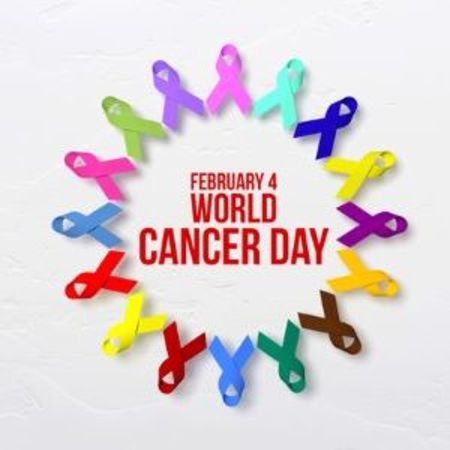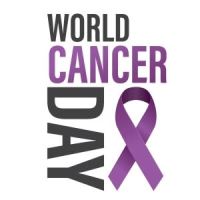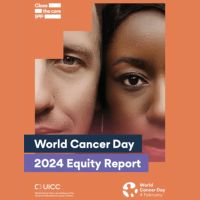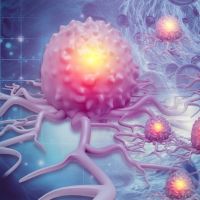World Cancer Day is an initiative of the Union for International Cancer Control (UICC). Observed every 4 February since 2000, its goal is raising worldwide awareness, improving education, and catalysing personal, collective, and government action to reduce preventable cancer deaths and increase equitable access to cancer care.
Cancer kills nearly 10 million people a year. Over one-third of cancer cases are preventable, and another third can be cured with early diagnosis and treatment. To highlight global care inequalities, the following statistics should be considered:
- About 65% of cancer deaths occur in the least developed parts of the world.
- Childhood cancer survival rates are over 80% in high-income countries but as low as 20% in low-income countries.
- Low- and middle-income countries see over 90% of the global cervical cancer mortality.
- Cancer patients fare worse in rural than nonrural areas, even in high-income settings such as the U.S.
- Older populations face disproportionate barriers to effective cancer treatment, although 70% of cancer deaths are in people aged 65 or older.
- In the U.S., the five-year survival rate for cervical cancer is 71%. For black women, the rate is just 58%.
- Māori, in New Zealand, are twice as likely to die from cancer as non-Māori.
Thus, this year’s campaign is ‘Close the Care Gap'. The focus is on understanding and recognising cancer care inequities worldwide.
Given that half of the world’s population lack access to the full range of essential health services despite recent advances in cancer prevention, diagnosis and treatment, the campaign aims to raise awareness about gaps in cancer care equity. Income, education, geographical location, and discrimination can negatively affect care. Those most disadvantaged likely also have increased exposures to other risk factors, like tobacco, unhealthy diet, or environmental issues.
This year, as part of the global campaign, World Cancer Day presents ‘21 Days to Impact Challenges’. Proverbially, it takes 21 days to create a positive habit. The campaign calls to all to commit to improving personal health and educating about cancer care inequalities, each day for 21 days.
Source: World Cancer Day


























